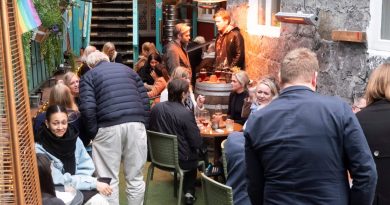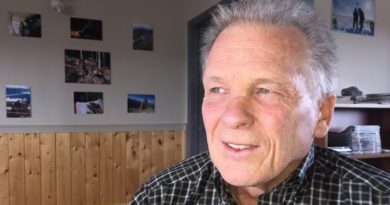Greenhouse in Arctic Canada could teach scientists how to grow food in outer space
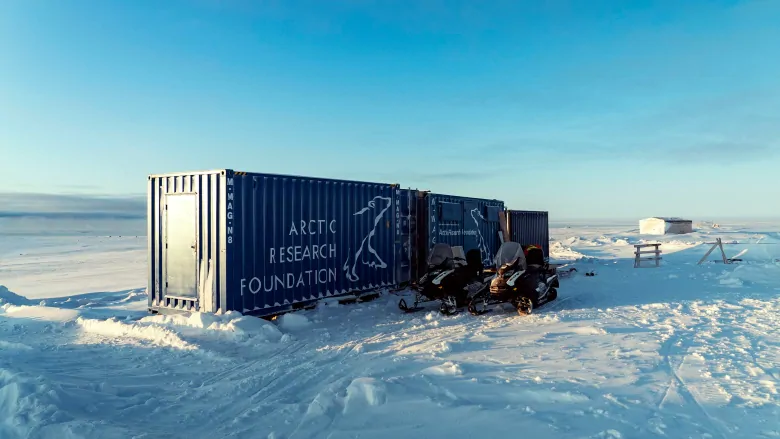
The Canadian Space Agency says growing food in the North is similar to growing food in space — that’s why it’s joined forces with a community greenhouse project in Gjoa Haven to do research.
The Naurvik greenhouse is a hydroponic sea can station where community technicians have been growing vegetables since last fall. Now the federal space agency is hiring trainers to work with the Nunavut community to develop a curriculum for space-related food research in the North.
The same technologies the community is using now will help scientists learn how to grow fresh food more efficiently for astronauts, and potentially even on the moon in the future, Bamsey said.
“This is really focused on maximizing the green stuff we can get with the smallest amount of resources,” he said. “There can be a lot learned between growing food on the ground and growing food in space.”
As a remote Arctic community with a harsh and rocky environment, Gjoa Haven is a great place to learn to do that, he said. With the proper training, residents will be able to do the research themselves.
A tender for the training contract closed this week; Bamsey says if all goes well, a contractor could be working with the community within the next few months.
He says more technicians will learn to operate the greenhouse and keep the temperatures under control throughout the year. Those taking part will also learn the basics of space science. The curriculum, which will be co-developed with the community, will also include skill building so residents can expand the grow station.
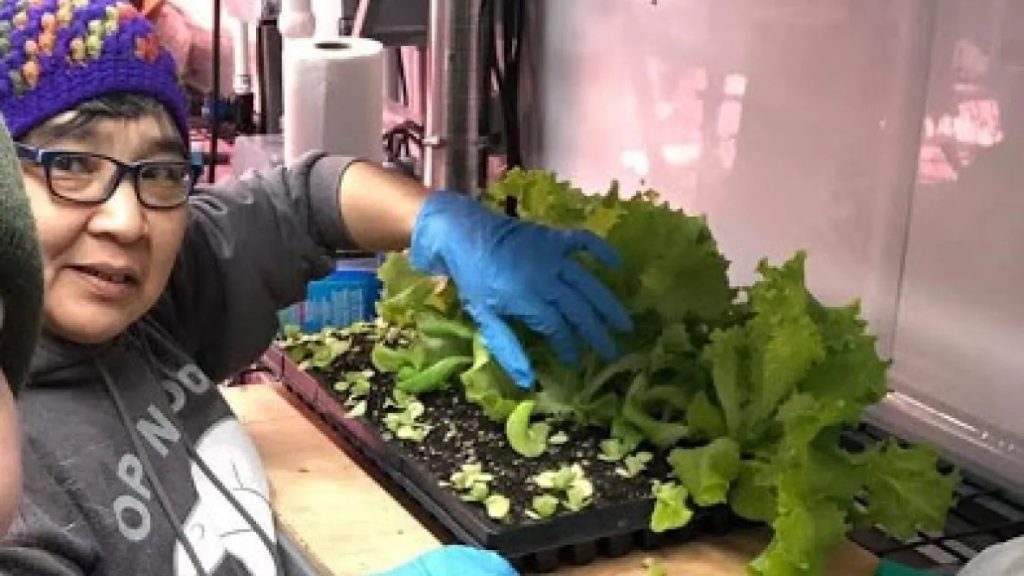
Project could help astronauts, too
A technician at the greenhouse in Gjoa Haven told CBC that the sea can greenhouse has lettuce and red peppers growing this summer.
The Canadian Space Agency is just beginning to take part in the work at the Naurvik greenhouse. It’s new for the agency to be working in food production like this, Bamsey said. The change follows a new space strategy released last year.
“In the future there is amazing potential to grow local crops and local berries.”
The Naurvik greenhouse was started by the community and the Arctic Research Foundation, as well as Agriculture and Agri-Food Canada. Naurvik means “the growing place” in Inuinnaqtun.
The project is small now, but the concept is to bring freshly harvested produce to the North throughout the year, and create jobs at the same time.
COVID-19 travel restrictions considered, in the future there could also be an opportunity for trainees at the greenhouse to visit the Canadian Space Agency in Quebec.
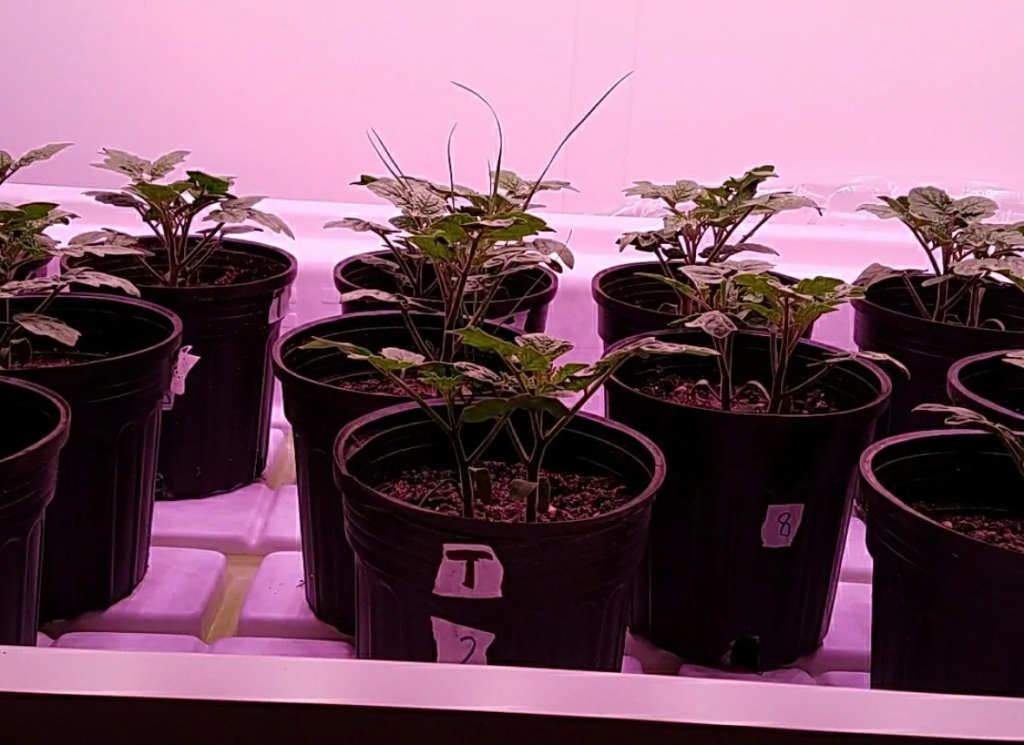
Related stories from around the North:
Canada: Canada slots nearly $15M for Nunavut harvesters, to improve food security, CBC News
Finland: Finland’s farming sector in crisis: report, Yle News
Norway: Norway and Russia agree to slash cod quotas in Barents Sea, The Independent Barents Observer
Sweden: 2018 drought took toll on Swedish farmers’ mental and fiscal health, research says, Radio Sweden
United States: This Alaskan spice shop brings new flavors to Indigenous dishes, Alaska Public Media

